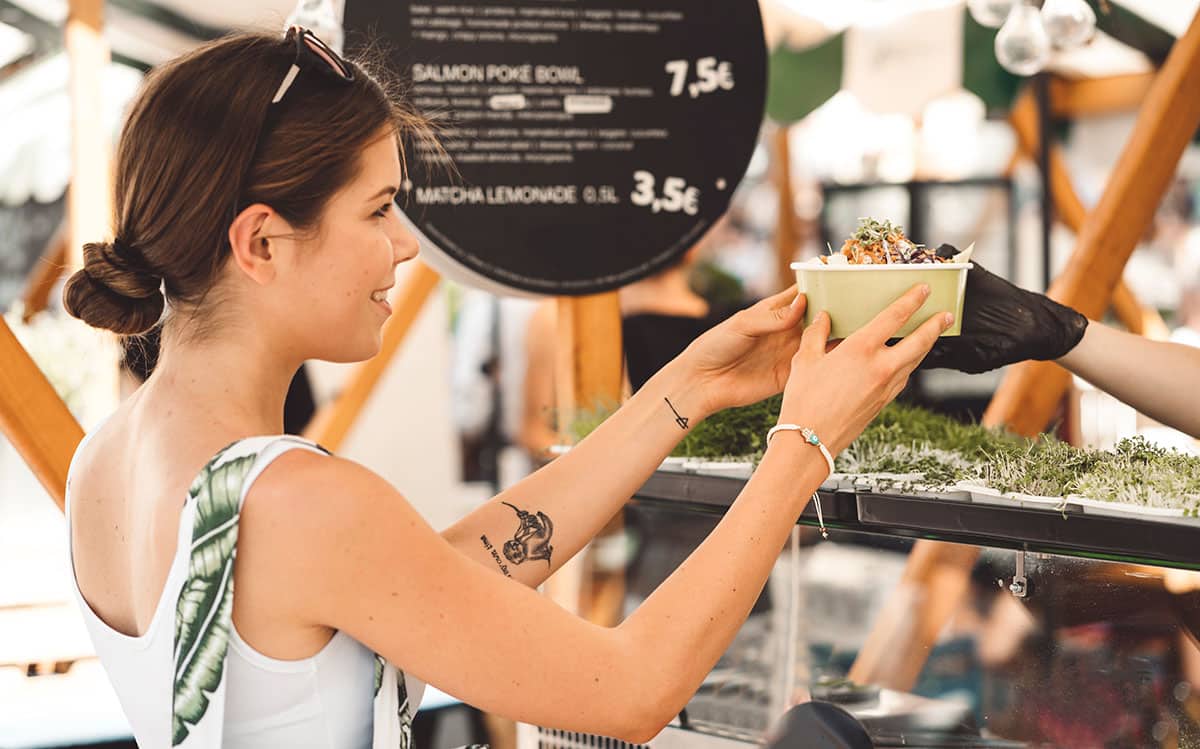In a world that often seems to move at breakneck speed, a new travel philosophy is gaining traction: slow travel.
The slow travel approach to exploring the world encourages travelers to decelerate, immerse themselves in local cultures, and create meaningful connections with the places they visit.
Let's dive into the art of slow travel and discover how it can transform your vacation experiences.
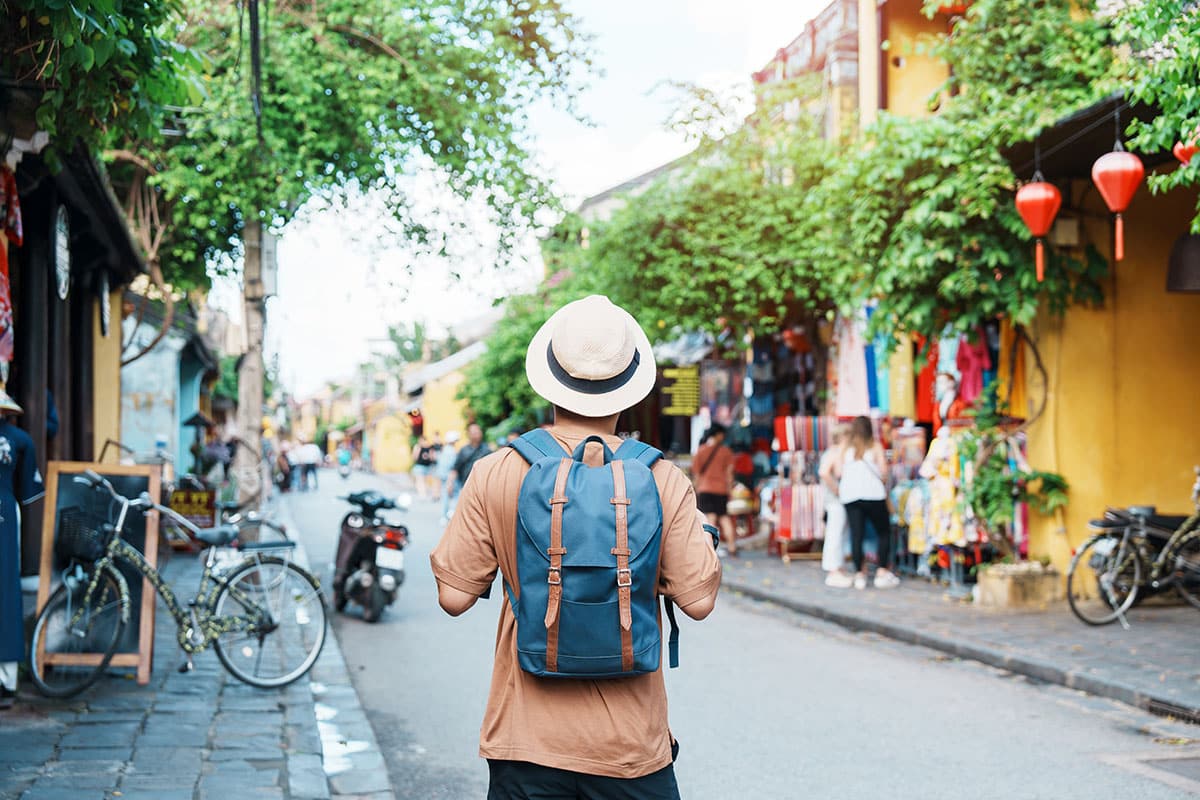
What is Slow Travel?
Slow travel is more than just a way of planning a trip; it's a mindset. At its core, slow travel is about quality over quantity. Instead of rushing from one tourist hotspot to another, ticking off a checklist of must-see sights, slow travelers take the time to deeply experience fewer destinations. This approach allows for a richer, more authentic travel experience that can be more rewarding and rejuvenating.
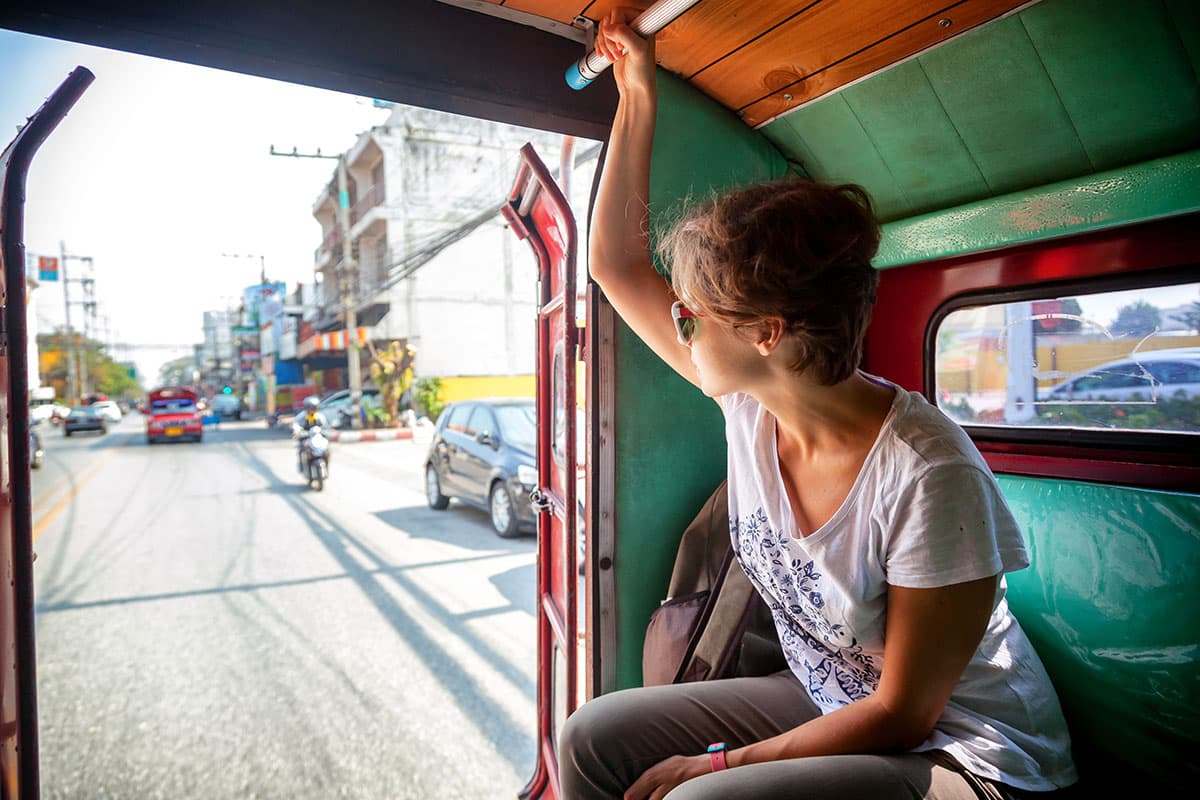
Key Principles of Slow Travel
- Quality over Quantity: Rather than trying to see everything, focus on experiencing a few things deeply. This principle encourages travelers to spend more time in fewer places, allowing for a richer understanding and appreciation of each destination. It's about savoring experiences rather than collecting snapshots of tourist attractions.
- Cultural Connection: Engage with local communities, learn about their customs, and participate in daily life. This could mean shopping at local markets, attending community events, or even taking language classes. By fostering genuine interactions with locals, travelers gain authentic insights into the culture and way of life of their chosen destination.
- Sustainability: By staying longer in one place and using local resources, slow travel often has a lower environmental impact. This approach reduces the carbon footprint associated with frequent transportation between destinations. Additionally, spending more time in a location often leads to more meaningful contributions to the local economy, supporting small businesses and communities.
- Mindful Experiences: Slow travel emphasizes being present in the moment and fully absorbing your surroundings. This might involve taking time to sketch a landscape, journaling about your experiences, or simply sitting in a local café and observing daily life. The goal is to create lasting memories through deeper, more contemplative experiences.
- Flexibility and Spontaneity: While it may seem counterintuitive, slow travel actually encourages a degree of spontaneity. With a less packed itinerary, there's more room for unplanned adventures, following local recommendations, or spending extra time at a place that particularly resonates with you. This flexibility often leads to some of the most rewarding travel experiences.
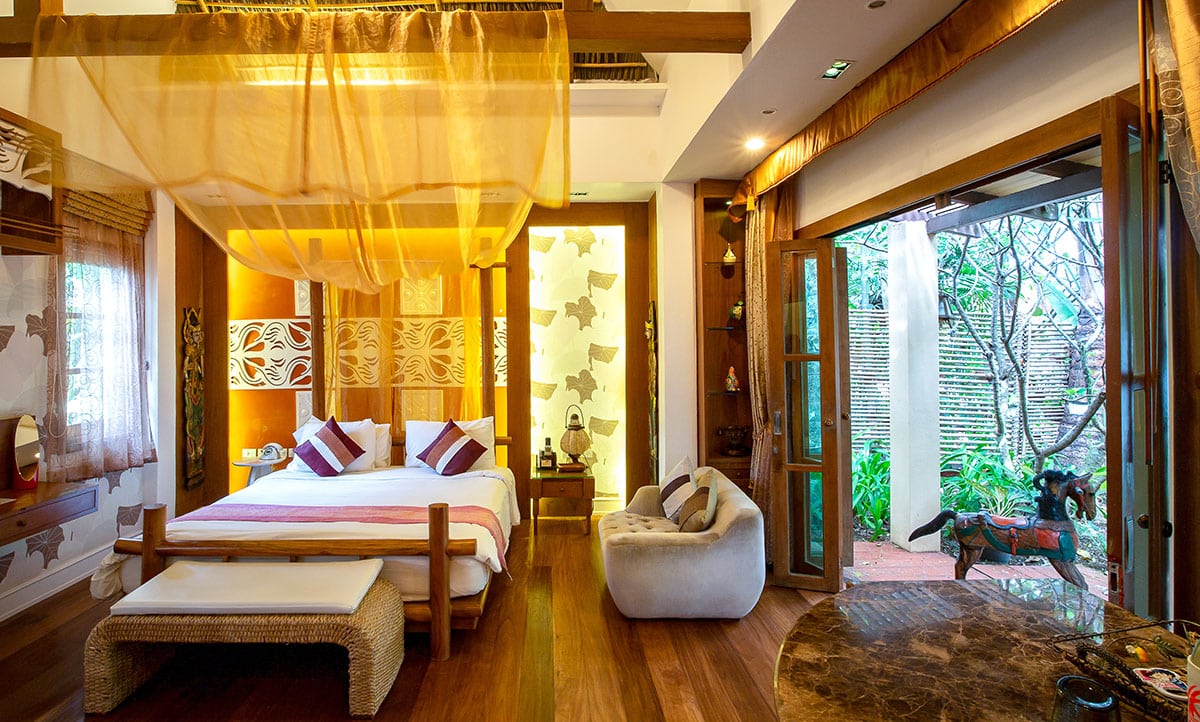
Planning Your Slow Travel Adventure
- Choose Your Destination Wisely: Look for places that offer a variety of experiences and have a rich local culture.
- Create a Relaxed Itinerary: Leave plenty of room for spontaneity and unexpected discoveries.
- Consider Alternative Accommodations: Opt for vacation rentals or homestays to get a more local experience.
- Embrace Slow Transportation: Consider trains, bicycles, or walking to truly appreciate the journey.
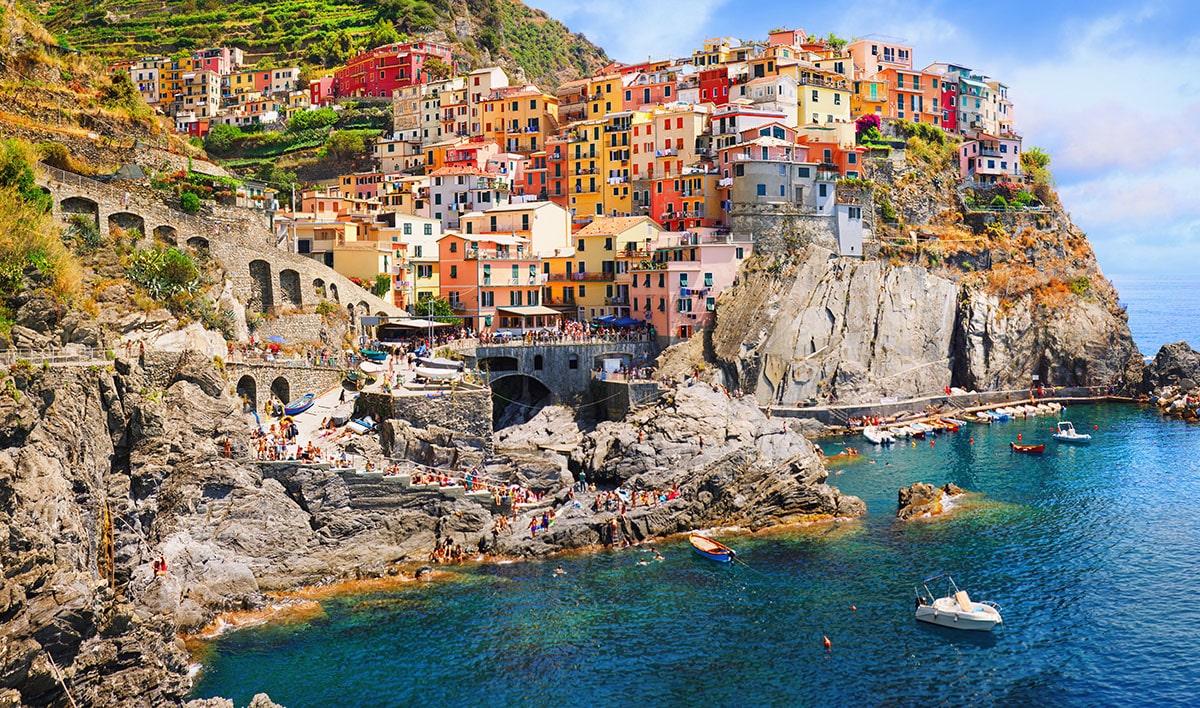
Slow Travel Destinations
While any place can be experienced slowly, some destinations particularly lend themselves to this style of travel:
- Tuscany, Italy: With its rolling hills, charming villages, and emphasis on good food and wine, Tuscany is perfect for slow exploration.
- Kyoto, Japan: This city's temples, tea houses, and gardens invite contemplation and gradual discovery.
- The Scottish Highlands: Rugged landscapes and small communities make for an ideal slow travel experience.
- Ubud, Bali: Known for its spiritual and artistic atmosphere, Ubud is perfect for those seeking a mindful travel experience.
- Vermont, USA: With its quaint towns, farmer's markets, and beautiful nature, Vermont embodies the slow travel ethos.
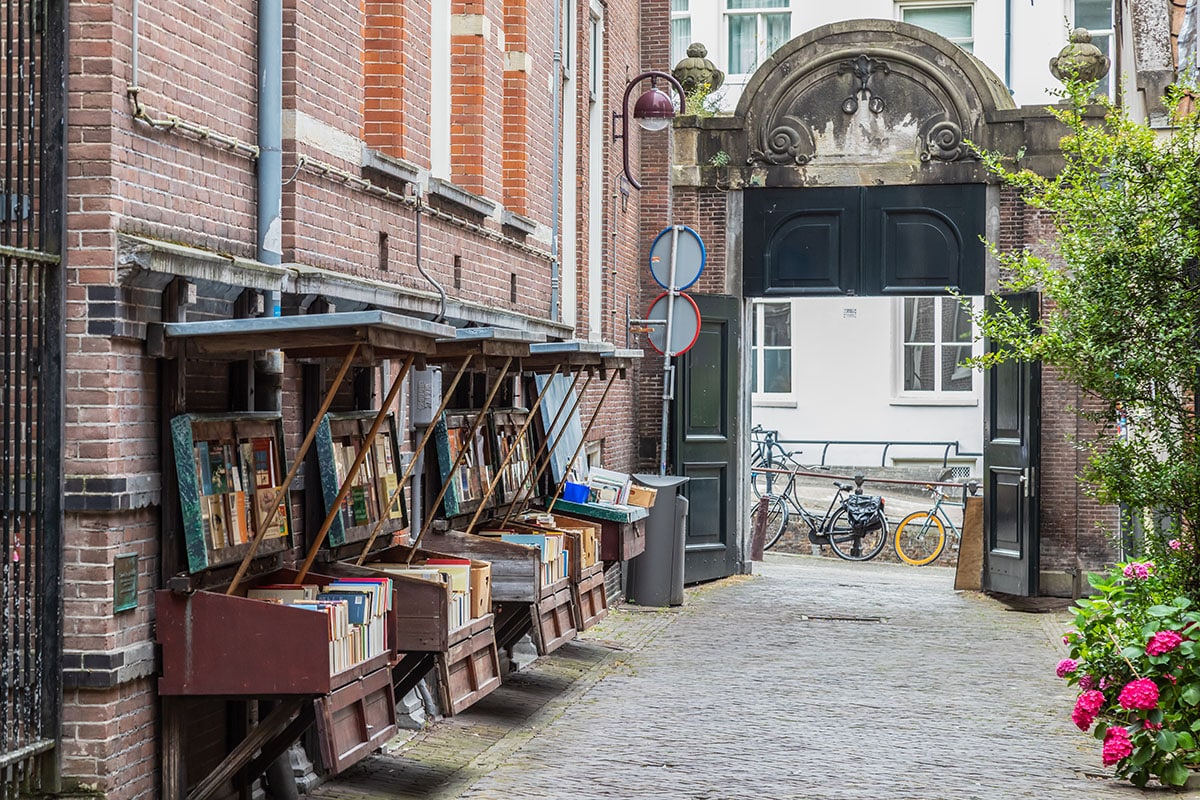
Recommended Books on Slow Travel
To deepen your understanding of slow travel and its underlying philosophies, consider these insightful reads:
“In Praise of Slow” by Carl Honoré
This seminal work explores the Slow Movement across various aspects of life, including travel. Honoré challenges the cult of speed in modern society and presents compelling arguments for why slowing down can lead to a richer, more fulfilling life. His insights on slow travel are particularly valuable for those looking to change their approach to exploring the world.
“The Art of Travel” by Alain de Botton
While not exclusively about slow travel, de Botton's philosophical look at why and how we travel offers many insights that align with the slow travel mindset. He delves into the anticipation and memory of travel, the role of the exotic, and the importance of mindful observation, all of which are crucial elements of the slow travel experience.
“Destination Earth: A New Philosophy of Travel by a World-Traveler” by Nicos Hadjicostis
Hadjicostis draws from his experience of traveling around the world for 6.5 years to present a new approach to travel. His book emphasizes the transformative power of long-term, immersive travel experiences. It's filled with practical advice and philosophical reflections that can help readers embrace the principles of slow travel and use them to enrich their lives.
These books offer different perspectives on slow travel and can provide inspiration and practical guidance for those looking to embrace this mindful approach to exploring the world.
Slow travel offers a refreshing alternative to the rushed, checklist-style vacations that have become all too common. By embracing this approach, you open yourself up to deeper, more meaningful travel experiences. You'll return home not just with photos and souvenirs, but with a genuine understanding of the places you've visited and the people you've met.
As you plan your next adventure, consider slowing down. Take the time to truly experience your destination, and you may find that you've not only had a great vacation, but a transformative journey. Happy (slow) travels!

